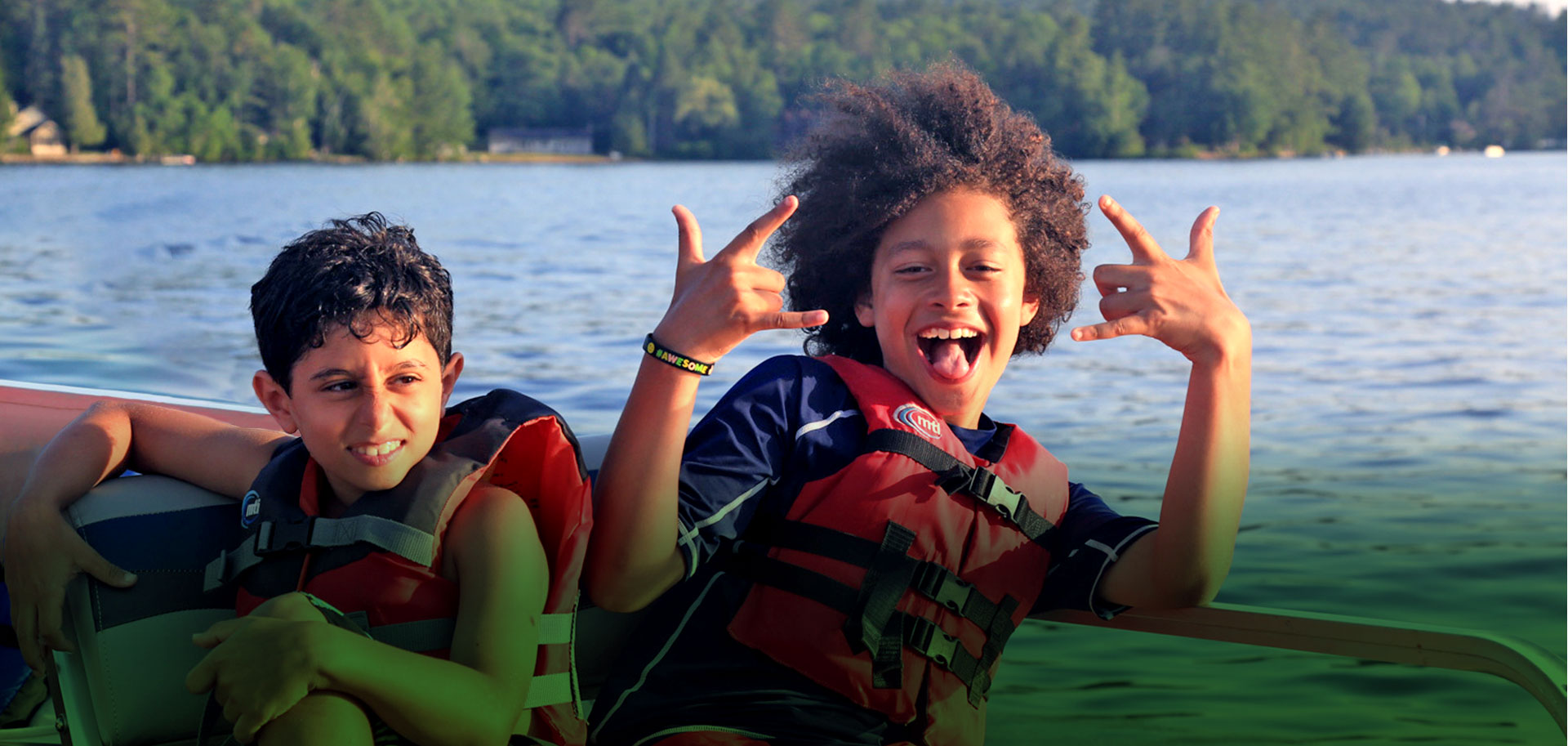Families enrolled at Brant Lake Camp will find this section helpful to prepare for the summer.
Your CampInTouch account is home to all required Forms and Mailings, Family Contact Information and One-Way Camper Email. All Brant Lake Families have been assigned a personal account. Passwords are easily set upon your initial login.
The BLC Blog
Athletes are Artists/Artists are Athletes
The charming video above of Caleb Love of UNC hoops and Michael Jackson Jr of Alvin Ailey, with coordinated movements entitled “Athletes are Artists and Artists are Athletes”, resonated with me because it captured the feeling long held by the Gersten Family and thus, Brant Lake Camp.
Many of you may know of the Gersten Family- University of North Carolina connection. Some of you know of the Gersten Family Alvin Ailey connection. Many of you know of the Gersten Family’s love of sports and some of you know of the Gersten Family’s history of Dance. If you are willing to indulge me, let me take you a bit deeper.
Bobby Gersten played baseball and basketball at UNC where he was named best athlete of his graduating class. He met and married Libbie Gersten – a dancer and archer.
Richie Gersten played freshman basketball at UNC and numerous sports in high school. He married Annemiek “Mieks” Gersten-a graduate of the High School for Performing Arts and a gymnast and college diver. Richie coached for 30 years.
Sharon Gersten- Richie’s sister- was a dancer, dance teacher and then had an extraordinarily successful career as the Executive Director of Alvin Ailey American Dance Theater.
Libbie and Sharon founded Brant Lake Dance Camp in 1980 marrying the sports orientation of BLC with dance. Mieks Gersten directed Brant Lake Dance Camp for 30 years.
Max Gersten, a multi-sport high school athlete and middle school and high school coach (at the Dalton School and now Greenwich Country Day), married Chloe Grimes- a graduate of LaGuardia High School where she was a trumpet player and outstanding basketball player. She is an athletic trainer and an athletic director (at Nightingale-Bamford School).
About a dozen years ago, Brant Lake Sports Academy for girls was founded and is led by Rachel Milim, the daughter of BLC alum, Joey Friedman and Chloe Grimes, Max’s wife.
BLC Memory: The video of the UNC basketball player and the Ailey Dancer bring back the memory from more than 20 years ago on the BLC center basketball court when two Alvin Ailey dancers first put on a dunking show (one emulated the iconic Jordan logo dunk) and then invited our Dance Campers and our boys to learn the beginning of Alvin Ailey’s most famous dance, Revelations. Our boys flooded the court in a most memorable BLC event.
The Gersten Family and BLC love the concept of Athletes are Artists and Artists are Athletes. It is a concept we have long been comfortable with.
Brant Lake Camp’s Summer 2022 TikTok
Summer 2022 was everything we could imagine, and more! Relive the magic through our Brant Lake Camp Summer TikTok Reel!
@brantlakecamp #BLC105 #BLCFamily #TheBLCWay ♬ original sound – Brant Lake Camp
Be sure to follow @brantlakecamp on TikTok and continue to experience #TheBLCWay!
Brant Lake Camp Summer 2022 Music!
Relive summer 2022 at Brant Lake through our Soundcloud Playlist!
